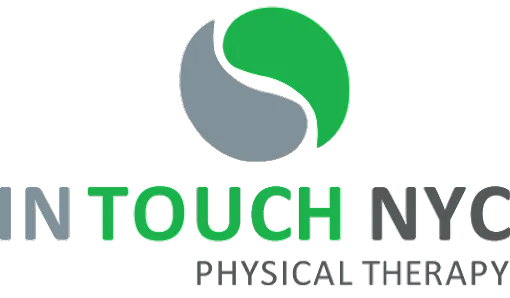Restless Referrals
Patients undergoing physical therapy in New York City should be well acquainted with how the referrals from a physician, podiatrist, dentist, or nurse practitioner work.
If a patient hasn’t been referred and still wants to undertake physical therapy treatment from an experienced practitioner might find it to be risky as the expenses included may not be covered by the patient’s health insurer.
It’s every patient’s right to be informed about this possibility before the treatment, saving them from a restless situation. However, if the patient is determined to be treated, he must also need to know that there’s the New York State law, Chapter 298 of the Laws of 2006, which allows only physical therapists with three years of practical experience to treat patients without a referral which is in practice beginning November 23, 2006.
Notice of Advice
Patients without a referral from other doctors sign a form- notice of advice stating there’s a chance of expenses not being covered by the patient’s insurance. For this form, the patient needs to provide the credentials such as name, address, and signature.
Sweet Memories
Maintaining a patient’s record of the history and the treatment received is a must. It will be reserved for over six years. So if a patient with ongoing treatment or not wants to bring back their memories can use this facility. However, for a child, it’s until he turns out to be 22 years old. It would be quite a time down memory lane.
Treatment Days
It usually consists of 10 visits or thirty days of treatment, including weekends and holidays. It starts on the day the patient is evaluated and provided the treatment on the same day. It ends after 30 continuous days thereafter. The episode of care can be as long as the goals have been met or if there’s self-discharge of the patient for other reasons.
Who Gets To Treat The Patient
A physical therapist or a physical therapy assistant with the practice license issued in New York City treats the patient. Out of the state, NYC-non-licensed therapists cannot issue prescriptions or referrals for patients who need to get treated in New York. However, if such a therapist is in the vicinity of 25 miles from the city can be exempted.
All about Aides
Patients must be aware that Aides cannot perform the activities of the treatment. They are simply capable of maintaining non-patient-related duties such as reception, accounts, and records. So, patients have the right to question the authorities if they find such treatment.
Behavior of Patient
For any treatment to be successful, the patient’s behavior plays a key role. One should be cooperative enough to follow the instructions received from the therapist or assistant and implement them without fail to get better results.
Know Your Therapist
Enquire and know more about the work your therapist can offer you for a particular set of problems, such as his work experience, his expertise, and his area of treatment abilities. Be open and share your exact requirements with the therapist.
Supervision
Patients are permitted to get treatment from any of the physical therapy assistants supervised directly by the physical therapist on site. Those in-home care services and in schools need continuous but not exactly on-site supervision of the physical therapist.
Know Your Authorities
If you have any further queries, you can reach out to the authorities by visiting the following link: http://www.op.nysed.gov/prof/pt/ptfaq.htm.



